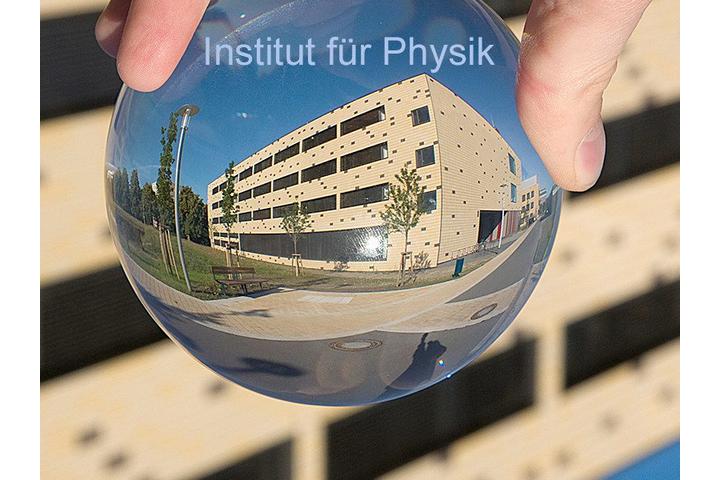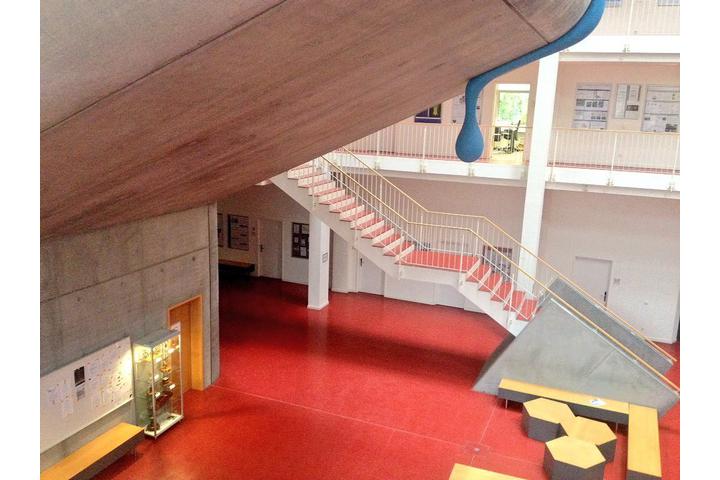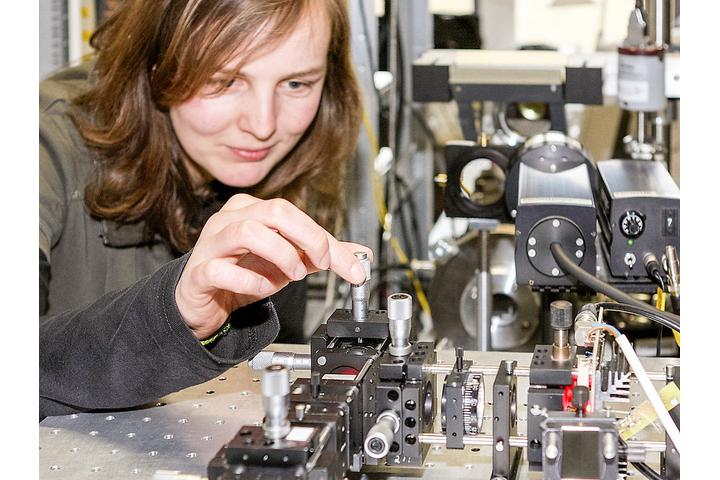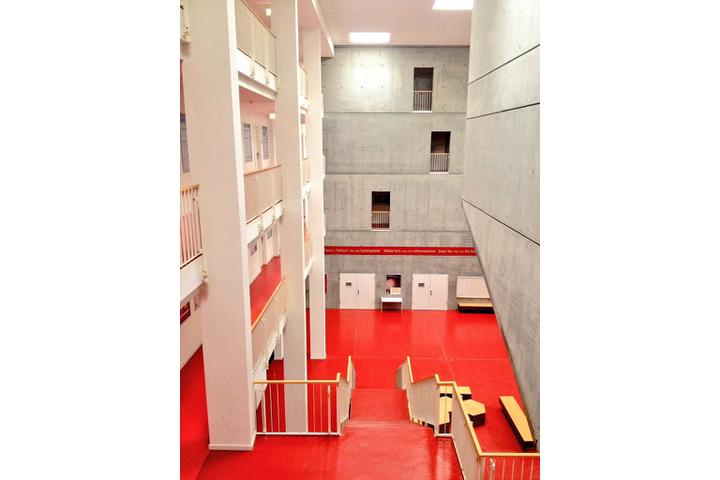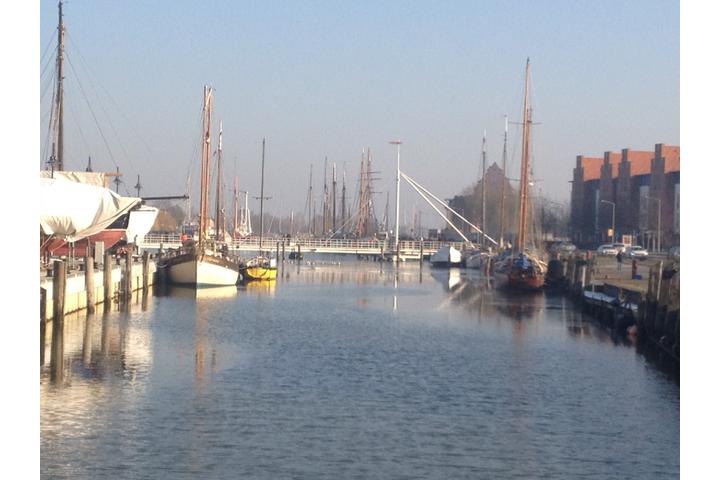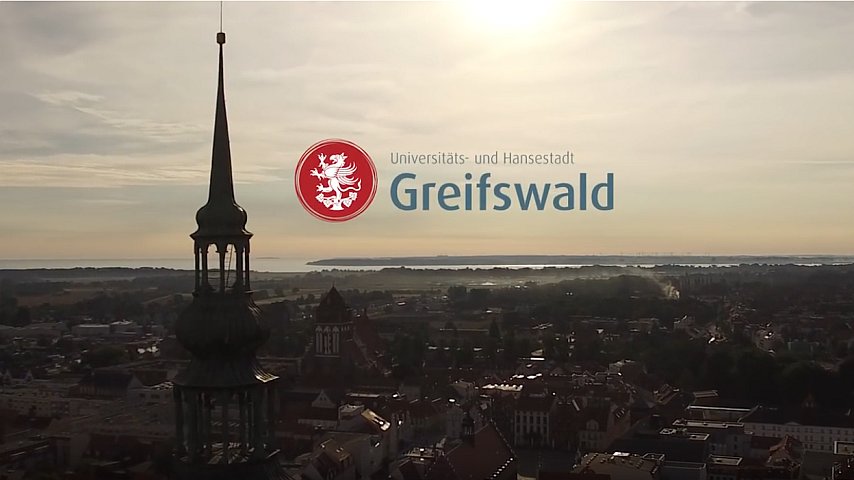Masterstudiengang Physik, Universität Greifswald
Masterstudiengang Physik
The master courses in physics familiarizes students with modern experimental and theoretical methods and introduces them to current physics research. On this basis, students acquire the ability to think and work scientifically independently and are enabled to make scientifically sound contributions in their future professional field.The four-semester Master's degree course includes specialization and in-depth scientific study of a current research topic as part of a Master's thesis leading to the degree of Master of Science in Physics (M.Sc. Physics).
In addition to deepening the general knowledge of physics with an advanced practical course, advanced theoretical physics or computational physics, the students decide on a specialization.
The following specializations are offered in Greifswald: - Plasma and Cosmos - Life and Environment - Quanta and Nano physics
In addition to the courses from the chosen specialization, students can and should also choose courses from the other specializations.
Mathematics and chemistry are generally considered as non-physics minor subjects.
One or two laboratory courses in a research group take place alongside the specializations. The Master's thesis is then also written in the chosen subject, which takes two semesters to plan, prepare and complete. In addition to the University's Institute of Physics, the Master's thesis can also be written at the Max Planck Institute for Plasma Physics, Greifswald branch and at the Leibniz Institute for Plasma Research and Technology.
Video
Links
Ort
Bilder
Forschungsprofil Fachbereich/Institut
|
